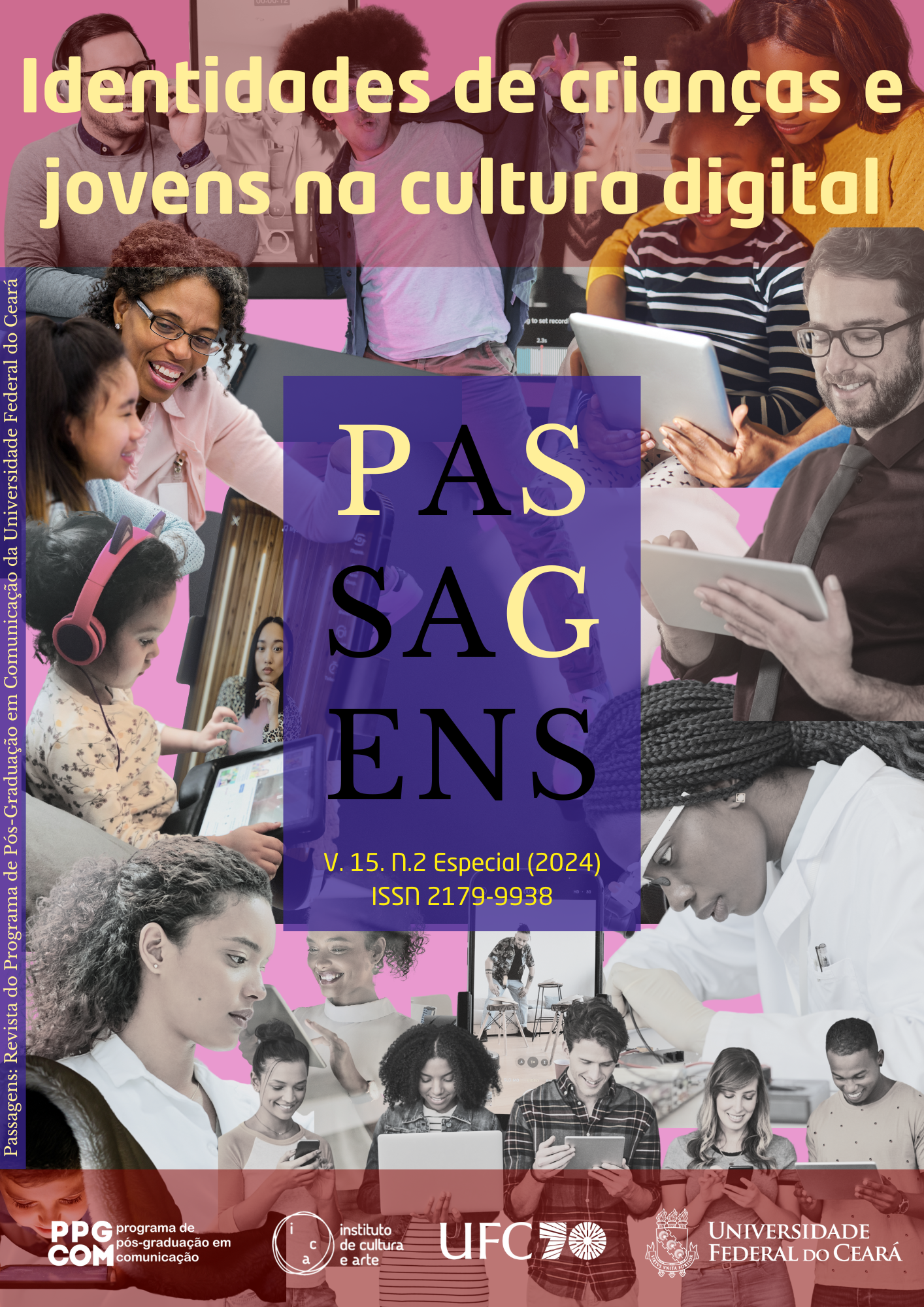The Agentic Technological Self
Identidades aspiracionais, acadêmicos, e atividades digitais
DOI:
https://doi.org/10.36517/psg.v15i2%20especial.94457Resumo
Neste artigo, buscamos compreender como a identidade aspiracional pode ser influenciada por atividades digitais. O estudo se baseia em dados originais de pesquisa com mais de setecentos jovens de baixo nível socioeconômico, matriculados em uma escola secundária agrícola na Califórnia, e em um subconjunto de entrevistas correspondentes, que geraram dados qualitativos. Nessa abordagem multi-metodológica, apresentamos duas perspectivas complementares. Na primeira parte, utilizamos análise comparativa qualitativa para realizar uma série de testes de suficiência para prever a ocorrência de dois desfechos relacionados ao desempenho acadêmico e dois desfechos associados à intensidade da pesquisa na internet. Na segunda parte, usamos dados qualitativos para investigar até que ponto esses padrões podem elucidar o nexo entre as atividades digitais e o trabalho de identidade aspiracional. Para melhor compreender as implicações das desigualdades digitais nesses processos, o estudo se apoia no conceito do agentic technological self, o qual fornece um paradigma de selfing.
Downloads
Publicado
Como Citar
Edição
Seção
Licença
Copyright (c) 2024 Passagens: Revista do Programa de Pós-Graduação em Comunicação da Universidade Federal do Ceará

Este trabalho está licenciado sob uma licença Creative Commons Attribution 4.0 International License.
A aceitação do trabalho para a publicação implica a transferência de direitos do autor para a revista, sendo assegurada a ampla disseminação da informação.

